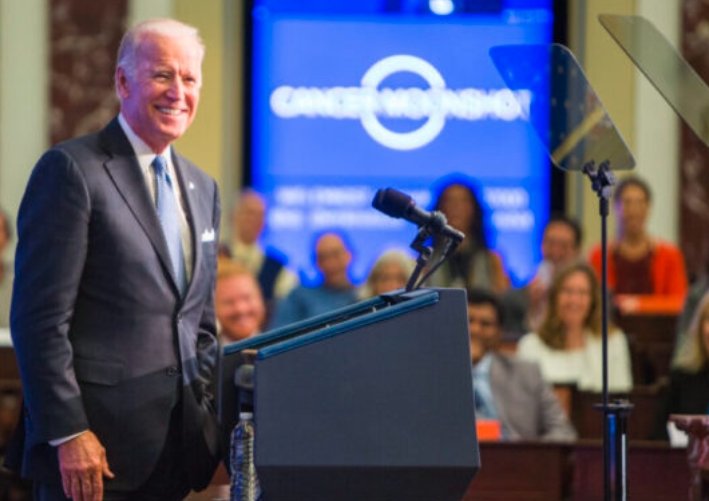President Joe Biden has taken a significant step towards addressing the injustices faced by individuals convicted of marijuana possession. By issuing pardons for thousands of people convicted of simple marijuana possession under federal law, Biden aims to rectify the long-standing disparities in the justice system. This move is part of a broader effort to decriminalize marijuana and provide relief to those affected by outdated drug policies.
The Scope of Biden’s Pardon
President Biden’s decision to pardon individuals convicted of simple marijuana possession marks a historic shift in federal drug policy. The pardon applies to over 6,500 individuals who were convicted under federal law from 1992 to 2021. Additionally, thousands more convicted under Washington, D.C.’s code will benefit from this executive action. This move is expected to alleviate the collateral consequences faced by these individuals, such as barriers to employment, housing, and educational opportunities.

The president’s decision comes as part of a broader effort to review how marijuana is scheduled under federal law. Currently classified as a Schedule I drug, marijuana is considered to have a high potential for abuse and no accepted medical use. Biden has called on the Department of Health and Human Services and the Justice Department to review this classification, which could pave the way for further reforms.
Addressing Racial Disparities in the Justice System
One of the key motivations behind Biden’s pardon is to address the racial disparities in the justice system. Studies have shown that Black and brown individuals are disproportionately arrested, prosecuted, and convicted for marijuana possession, despite similar usage rates among different racial groups. By issuing these pardons, Biden aims to rectify these injustices and promote equal treatment under the law.
The president’s actions build on his previous efforts to address racial disparities in drug sentencing. In December 2023, Biden granted clemency to 11 individuals serving disproportionately long sentences for non-violent drug offenses. These actions reflect a commitment to making the promise of equal justice a reality and addressing the systemic issues that have plagued the justice system for decades.
Implications for Future Drug Policy
Biden’s pardon for marijuana possession convicts has significant implications for future drug policy in the United States. By taking this bold step, the president is signaling a shift towards a more compassionate and equitable approach to drug enforcement. This move could pave the way for further reforms, including the potential decriminalization or legalization of marijuana at the federal level.
The president’s call for governors and local leaders to take similar steps to erase marijuana convictions highlights the need for a coordinated effort to address the injustices of the past. As more states move towards legalization, it is crucial to ensure that those who have been disproportionately affected by previous drug policies are given the opportunity to rebuild their lives. Biden’s actions represent a significant step in this direction, but there is still much work to be done to achieve true justice and equity in drug policy.



